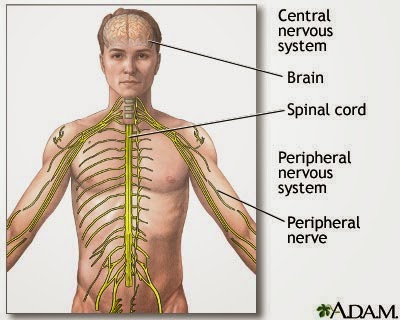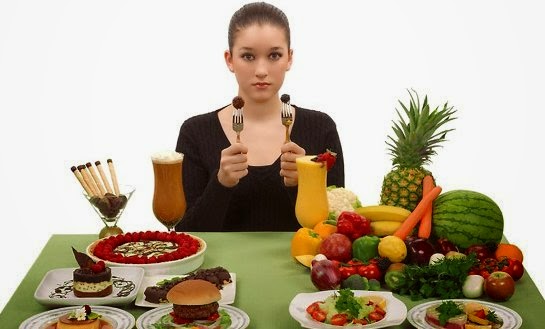NERVOUS SYSTEM

Nervous system controls and regulates the activities of all the other systems of body. It coordinates the reception of external stimuli and responds to them by sensory nerves and motor nerves. The whole system is divided into three parts: (1) the central nervous system, (2) the peripheral nervous system, and (3) the autonomic nervous system.
Central nervous system consists of brain and spinal cord safely lodged in the brain case and vertebral column. The brain controls voluntary actions, intelligence, memory, association, imagination and will. Cerebellum regulates the muscular movement of the body coordinating them. Medulla- oblongata controls involuntary actions of breathing and heartbeat. The spinal cord is an elongated cylindrical continuation of medulla and regulates various reflex actions. Peripheral nervous system consists of nerves which arise from the brain and the spinal cord. Autonomic system controls the internal activities of visceral organs, i.e., we have no voluntary control.
HUMAN DIET

Diet denotes the group of all edible substances essential for growth and maintenance of the body. The important components of diet are proteins, fats, carbohydrates, vitamins, salts and water. Dietary needs vary from person to person and age to age. The diseases which are caused by deficient diet are known as deficiency diseases.
Balanced diet or mixed diet provides all the essential constituents necessary for growth and maintenance of the body. It must contain all the essential constituents in adequate amount. The ratio between proteins, fats and carbohydrates should be 1:1:4. The food should be easily digestible and given according to age. Cooking of food is essential because it sterilises foodstuffs, makes them palatable and easily digestible.

